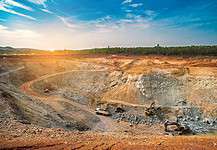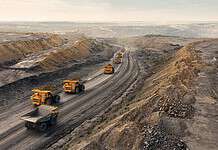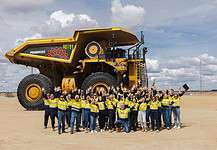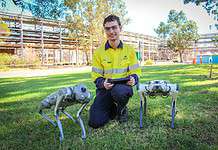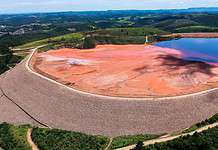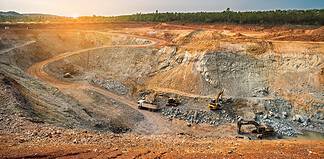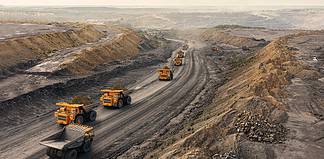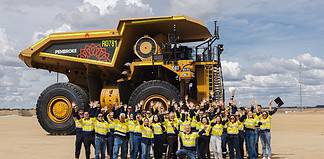NEW research shows that the concept of ‘social licence’, often used by Australian mining companies to validate operations in local communities, is debateable, poorly defined and misleading.
A study by public policy analyst Dr Sara Bice, based at the University of Melbourne’s School of Government, examined how mining companies conceptualised and defined their own social licence.
Dr Bice voiced concerns about how these licences were applied in practice. “Mining companies are increasingly claiming to have a ‘social licence’ to operate in certain areas because of perceived benefits to the local community,” Dr Bice said.
“But claims to this ‘licence’ are misleading because the term isn’t formally defined anywhere in law,” she said.
“A traditional licence involves one party empowering another based upon certain conditions and responsibilities.
“But there are no established criteria for how mining companies and communities might broker a so-called ‘social licence’.
“Equally, there are no clear rules for how one might be revoked.” Dr Bice said this ambiguity negatively affected both resources companies and communities.
“The language of licensing leads to confusion,” she said.
“It suggests a formality, and even regulation, which does not exist. In reality, a ‘social licence’ is purely metaphorical.”
Dr Bice argued that for corporations, better clarity on what their social licence really entailed could help quell the “vocal minority” who may engineer a backlash against mining operations.
Clear criteria would also protect local communities from big corporations who may claim to hold a licence for which minimum standards have not been set.
Dr Bice’s report, What Gives You A Social Licence? – published in an edition of the academic journal Resources – analysed 18 sustainability reports across a four-year period, supplemented by qualitative interview data.
‘Social licence’ ambiguity impacting companies and communities
Advertisement


